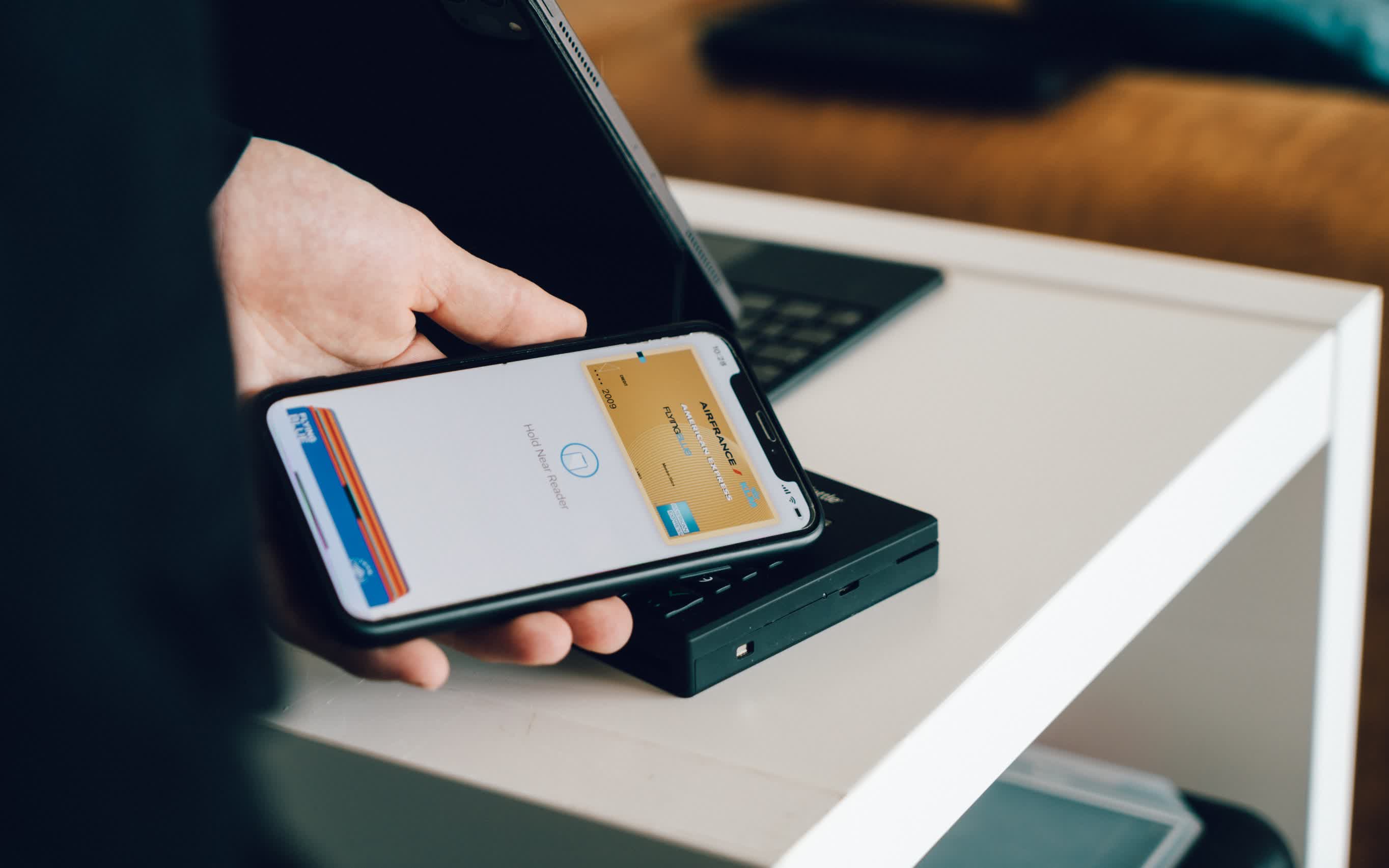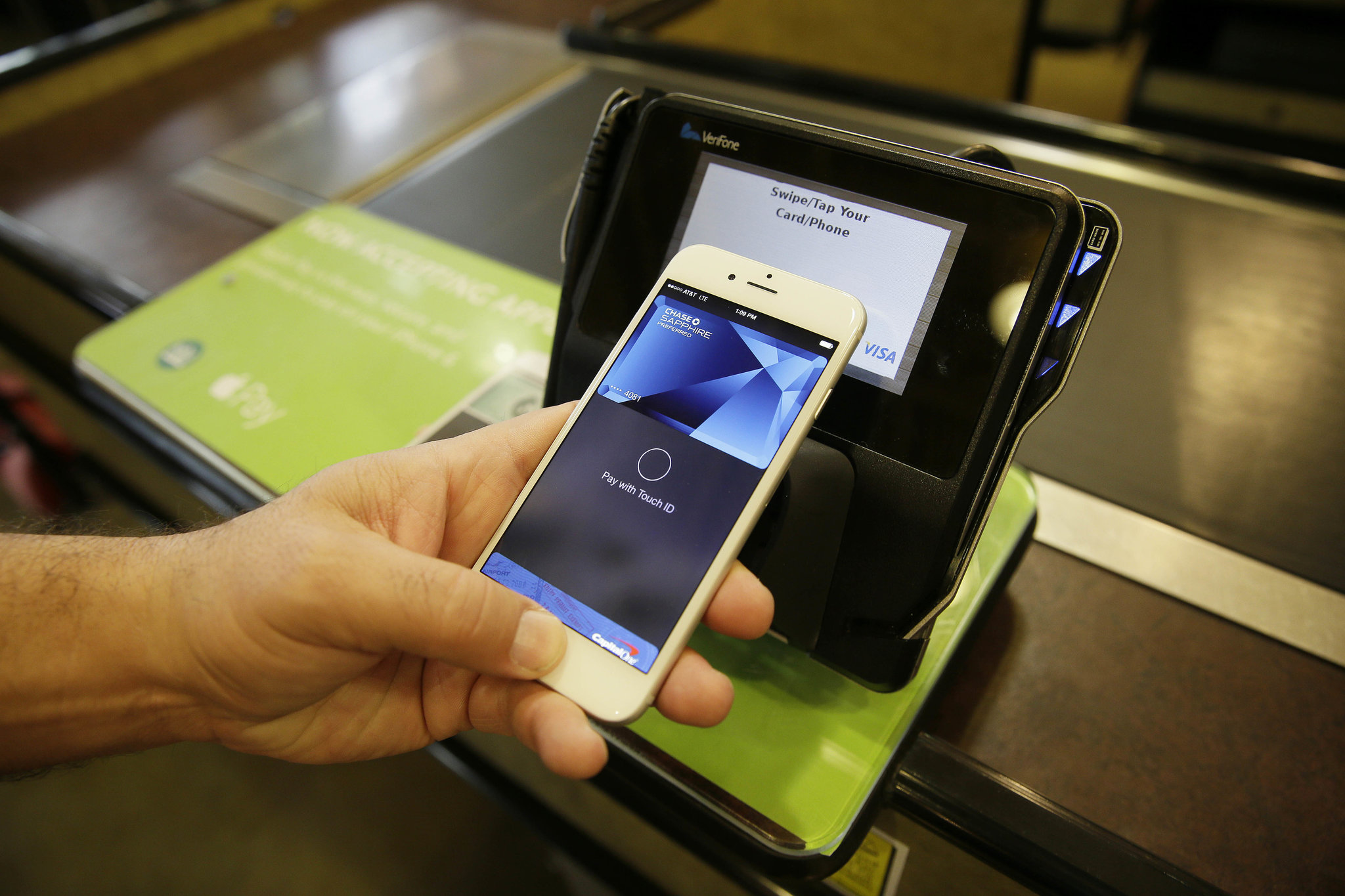In brief: Apple has dealt with plenty of antitrust cases in its time, and now it's set to face another. Cupertino is to be charged this week with breaking EU law over the way it operates the Apple Pay mobile payments system. If found guilty, the company could be hit with fines equal to 10% of its global turnover.
The Financial Times writes that EU investigators led by competition commissioner Margrethe Vestager will accuse Apple of blocking third-party service providers, such as PayPal and leading banks, from accessing its mobile wallet system.
The case, which was opened in 2020, specifically relates to Apple's Near Field Communication (NFC) payment technology in iPhones. The company keeps seamless contactless payments exclusively for its Apple Pay service. This means the likes of PayPal, Venmo, and banks can't offer a similar NFC experience to iPhone users via their own apps. Apple says allowing them complete access would breach the security and privacy of its users.

Apple is no stranger to antitrust allegations from the EU. It was investigated over charging third parties a 30 percent fee for hosting their apps on the App Store while promoting its own competing services on the marketplace. The commission found Apple in violation of EU competition rules in April 2021.
Apple also faces further antitrust charges in the European Union related to an earlier probe into how music streaming works and is promoted within the Apple ecosystem. The investigation was launched after a complaint filed by Spotify in 2019.
The EU recently approved the Digital Markets Act, which forces platform holders like Apple to lets people download apps from third-party sources, or sideloading, a practice that CEO Tim Cook has long rallied against due to the risk it apparently poses to users, and definitely not because it would cut into the money Apple makes from the App Store.
